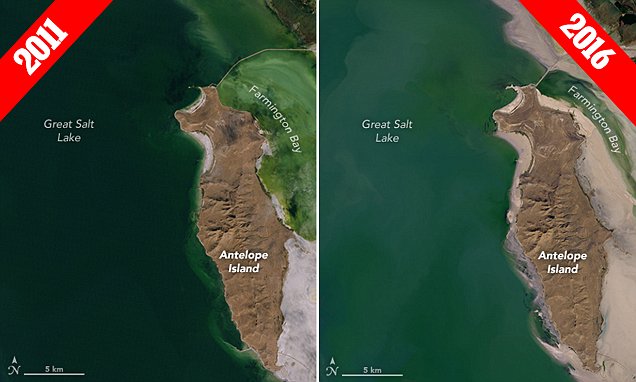We have all probably at some time pointed out to another person that they were overreacting to something. The reaction appears disproportionate to the precipitating act or event. You would think we would be able to recognize that when it happens, with others if not always with ourselves. However, overreaction has become so common and routine, that to many it seems more like an appropriate reaction, even presented as the socially acceptable reaction. Failing to panic or share outrage therefore reflects a flaw in the calm ones.
2016
I think it started four years ago. We had a national election. This has happened every four years for over two centuries. Each time there is a winner and a looser. Sometimes the outcome has been pretty one-sided, but for the most part, roughly half of the country’s population is not happy about the outcome of any election. There have been complaints and some whining, but people generally accepted the outcome and tried to make the best of it, knowing that in four years there would be an opportunity to make a change. This is the way of our system.
The reaction to the 2016 presidential election seemed to me not only pointless and unnecessary, but way out of proportion. It wasn’t just a moment of upset and it was much more extreme than previous sore losers. The media has continued and fueled the overreaction by focusing on and blowing every possible negative out of proportion. It has been one outrage after another, ad nauseam, for four years. I think this has conditioned us, so that many fail to see how inappropriate and unwarranted most of the outrage has been.
Looking back at those outrageous reactions and the incidents that spurred them, were those situations really that dire? Actually, each crisis blew up and then kind of disappeared from mind and view as the next incident fueled another outrage. Yet, the angst remained waiting, almost anticipating the next thing to unleash the outrage on.
Irrational and Unnatural
The overreaction to these events appears irrational if one looks objectively at facts and data, in the context of history and considers multiple perspectives. The outrage probably seems reasonable after listening only to selected facts and exaggerations as part of the awfullizing narrative. Since these reactions are so emotional, what I have come to notice is my own gut reactions, which are a sense of something not right, something unnatural, contrived, even orchestrated, rather than an authentic and proportional reaction.
COVID-19
Then amid these repeating overreactions came a real threat – a serious, potentially deadly new disease. Something real to react to. At first, it seemed crazy to me that the world was suddenly shutting down. Sure this was a bad disease, but historically there have been worse. I was reading at the time a biography of Benjamin Rush in which was recounted the 1793 yellow fever epidemic which killed 10 percent of Philadelphia’s population. Even the worst – and now recognized to be unrealistic – predictions avout this new virus weren’t near that kind of death toll.
I remembered H1N1 not too many years ago. Nothing shut down. Life was normal. I went to a funeral for a victim of that virus, stood in a line with hundreds of people right next to other who all shook hands and hugged the family members who had been with her through her illness. No masks, no gloves, no hand sanitizer, no panic.
This reaction to COVID-19 felt so out of proportion. Sure, it was wise to take precautions and prepare, but was it necessary for life to stop for so long? We are beginning to see that the negative effects of shutting down may be worse than the effects of the actual disease. Yet, reacting to those actions is deemed inappropriate.
Black Lives Matter
As if we have not had enough, or possibly because isolation, economic hardships and anxiety are making people crazy, we have another overreaction of outrage. No one is arguing that the precipitating event was not horrible. Outrage at such actions is appropriate, as with other horrible incidents that have happened. We have had vigils, memorials, and demonstrations and people have made their voices heard in peaceful ways. Action has been taken.
But this has turned into something else, something way out of proportion, something very destructive. It is going on and on and getting worse. Instead of all joining in common outrage about behavior unacceptable to everyone, it has turned us against each other. Why? There is something more here than normal outrage at a horrible incident. It does not feel right. It feels contrived, manipulated, orchestrated, like a real tragedy is being used for a larger agenda.
People will say there must be an extreme reaction to accomplish change. But what change is really needed? Are things worse than they were 20 years ago? Are they worse than they were 60 years ago–the 1960’s? Though racism does still exist, the proposed solutions/demands seem way out of proportion to the problem. This dos not warrant destruction of our whole system.
So, I go back to my gut feelings. Something is not right here in America. I don’t think it is what the outraged are attacking as the problem.

